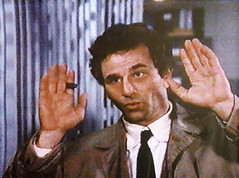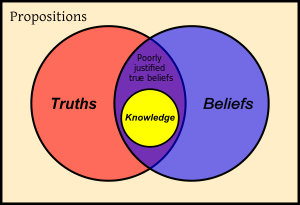| Image by whatleydude via Flickr |
The episode I just watched is Try and Catch Me, with Ruth Gordon as killer - a well known wealthy mystery writer. I must say, while Peter Falk was just as good as usual (maybe even a little better), Gordon's performance is absolutely brilliant. She made the character so alive and pleasant, even though with a unthinkable murder she committed. Every conversation between murderer and lieutenant was witty and amusing, and how Columbo solve the puzzle at the end pushes the whole show to a breathtaking climax. It is truly an intelligent thriller! Without any bloody gruesome "special effects".
I have to agree with one of reviews of this show (from online), that the best part of Columbo is that from beginning of all episodes you "witnessed" the murders and know who are the killers, so the rest of show all your attention is channelled onto Columbo and the killers, watching how Columbo plays with them, and feeling tremendous satisfaction when Columbo - the seemingly slow-witted one - eventually outplays the bad ones - usually the arrogant hypocrites - and brings them to justice.
I enjoyed most of Columbo episodes I've watched, but this one - Try and Catch Me - renewed my passion to this TV show. I watched this episode twice with equal joy! Highly recommend for mystery fans!
P.S. just got the "news" that Peter Falk died in June of this year. R.I.P the best detective in history!











